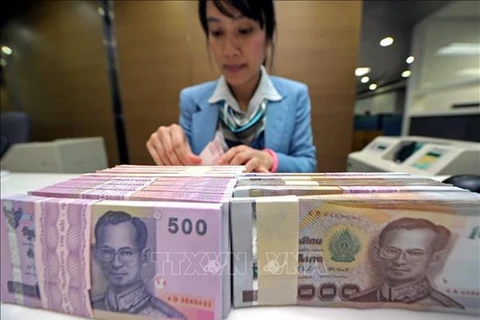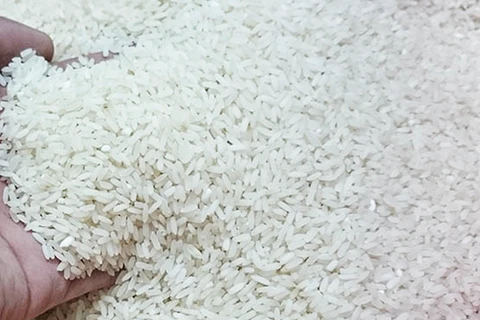Bangkok (VNA) - The Thai National Shippers' Council (TNSC) on September 5 downgraded its export forecast for this year to a contraction of 1% from its previous forecast, which ranged from a contraction of 0.5% to a 1% increase, citing weak global demand.
TNSC chairman Chaichan Chareonsuk said that the country's exports will definitely fall into negative territory this year, possibly by -1% or more, due to many risks and persistent problems.
According to him, Thailand still faces numerous external negative factors in the remaining months of this year, including the global economic slowdown which is affecting the economies of key trading partners, resulting in reduced demand for goods and services and high interest rates worldwide.
Rising raw material costs, particularly higher oil prices, are raising production costs in various industries, while changes in weather patterns may affect agricultural production and transportation, he said.
The TNSC also called on the new government to expedite an improvement in the country's competitiveness in international trade through support in reducing costs, improving efficiency, and creating trade opportunities.
According to the latest data from the Commerce Ministry, Thai exports dropped for a 10th consecutive month in July.
The customs-cleared value of Thai exports fell by 6.2% year-on-year in July to 22.1 billion USD, while imports contracted by 11.1% to 24.1 billion USD, resulting in a trade deficit of 1.97 billion USD.
In the first seven months, exports decreased by 5.5% to 163 billion USD, while imports dropped by 4.7% to 172 billion USD, resulting in a trade deficit of 8.28 billion USD./.
TNSC chairman Chaichan Chareonsuk said that the country's exports will definitely fall into negative territory this year, possibly by -1% or more, due to many risks and persistent problems.
According to him, Thailand still faces numerous external negative factors in the remaining months of this year, including the global economic slowdown which is affecting the economies of key trading partners, resulting in reduced demand for goods and services and high interest rates worldwide.
Rising raw material costs, particularly higher oil prices, are raising production costs in various industries, while changes in weather patterns may affect agricultural production and transportation, he said.
The TNSC also called on the new government to expedite an improvement in the country's competitiveness in international trade through support in reducing costs, improving efficiency, and creating trade opportunities.
According to the latest data from the Commerce Ministry, Thai exports dropped for a 10th consecutive month in July.
The customs-cleared value of Thai exports fell by 6.2% year-on-year in July to 22.1 billion USD, while imports contracted by 11.1% to 24.1 billion USD, resulting in a trade deficit of 1.97 billion USD.
In the first seven months, exports decreased by 5.5% to 163 billion USD, while imports dropped by 4.7% to 172 billion USD, resulting in a trade deficit of 8.28 billion USD./.
VNA

























